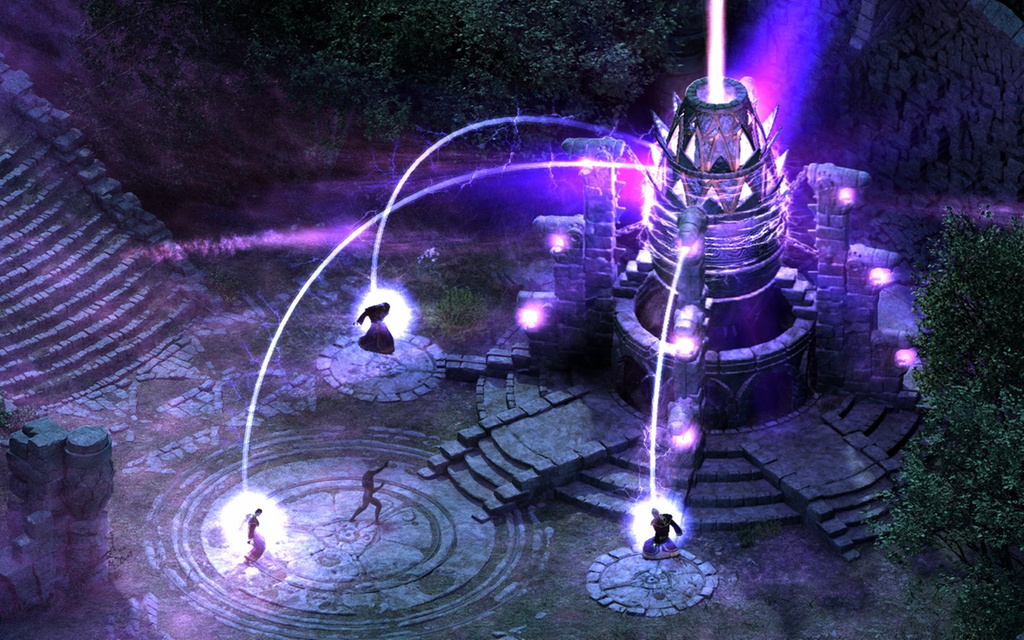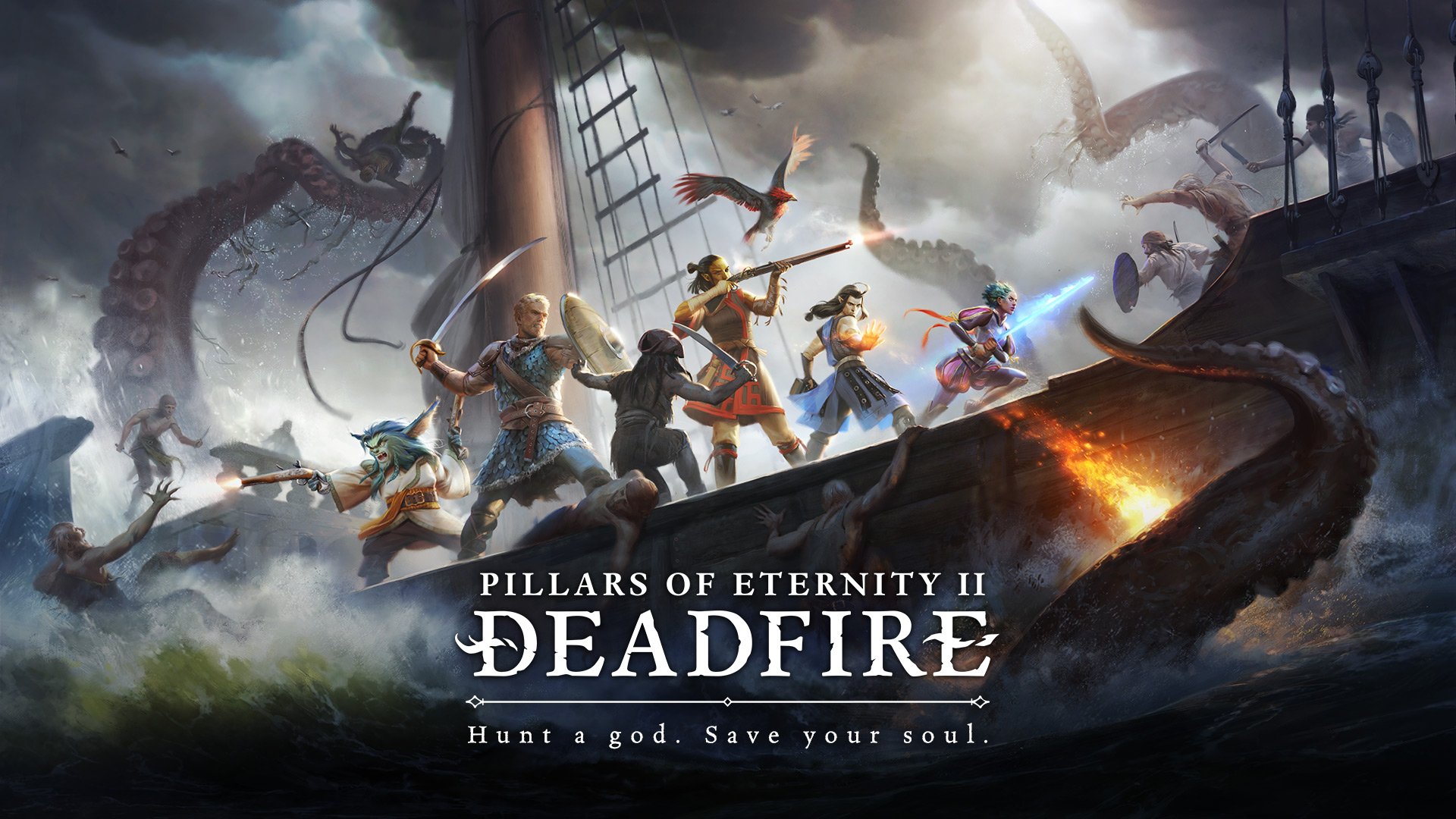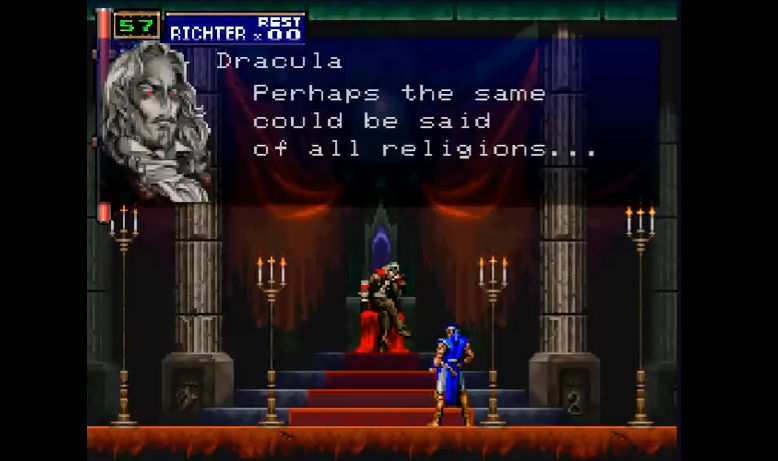The bellow quippy little exchange from the original PS1 version of Castlevania: Symphony Of The Night is a moment forever seared into my memory. It was the first time as a kid that I recognized games could actually be saying something about the world around us and not just telling stories in a fictional universe.
“You steal men’s souls, and make them your slaves!” – Richter
“Perhaps the same could be said of all religions.” – Dracula
Suddenly I started seeing it all around. From the religious themes present in the later stages of Xenogears to the frank discussions of the origins of Christian iconography in Persona, it was becoming clear that games might actually be offering commentary on real life rather than just presenting a fun diversion.
That tradition has continued into the modern day in a variety of genres and covering a wide range of topics, from direct statements with games like Gone Home and That Dragon, Cancer, to attempts to bring about social change and more inclusion with the appearance of gay and transgender characters in series’ like Dragon Age. The dimension-hopping, brain-exploding Bioshock Infinite even took time out from all that recursive storytelling to fire off a couple of pot shots at Tea Party ideology.
Fast forward to 2015 and Obsidian’s ode to classic CRPGs Pillars Of Eternity brought us full circle back into direct religious commentary. (Note: there are major spoilers below, so if you haven’t finished Pillars of Eternity yet, proceed at your own risk).
Opposing Views Collide
The Steam discussion pages and Obsidian forums lit up for awhile there with angry religious players who reached the tale’s end and realized what the story had been building up to all along. Those who didn’t finish the game or didn’t take every conversation path available may now be scratching their heads asking: just what was the big deal with the story in Pillars?
Although presented in somewhat of an ambiguous way open to interpretation, its clear that the core theme throughout Pillars Of Eternity was atheism versus faith versus science. The final conversation segment with Thaos prior to the game’s epic battle finale was essentially ripped directly from any debate ever between theists and atheists.
Primary antagonist Thaos insists that life would be hollow and pointless without a god to bestow purpose (and that people with no faith in a higher power would commit wanton atrocities), while the the main character takes the position that a comforting lie is still a lie, and evidence is more important than blind faith.
There’s an important distinction to note about Pillars in this battle of belief: while the ending brought up the notion that there are no true gods, the game world still clearly isn’t lacking in the supernatural. Magic powers are fairly well understood and undeniably exist there. Souls can not only be detected, but reliably manipulated to various ends through the science of animancy.
The presence of arcane magic and divine powers manifested by priests also didn’t manage to prevent religious schisms. A main theme of the game was faith that the farmer Waidwen really was a physical incarnation of the god Eothas (with some certain that no god would behave in the manner that Waidewen behaved) – and furthermore faith that that deity either was or wasn’t truly dead after the Godhammer bomb went off.
One of the high points of the game was the wide range of positions and opinions present that didn’t leave either side of the religious/athiest divide completely out in the cold.
This inclusive but still risque approach occurs strongly in the companions available, from the simple and unassuming faith of Eder to the more active beliefs of Aloth to the ever-amusing Durance, who is somehow both an actual priest and simultaneously the most openly heretical of all your party members.
To God Or Not To God
The debate of gods or no-gods is built into the backstory and history of Pillars, with the advanced Engwithan civilization in the far past searching for and finding no evidence for any true creator being or beings. They had an issue on their hands though: the primitive and fractious humans were becoming a problem, so the Engwithans invented some gods to keep them in line.
There are clear real-world parallels here both in pre-history and in modern day, but with a key difference. Rather than the instigator of a new religion proclaiming “Hey everyone, turns out there’s this all powerful deity up there and – wouldn’t you know it – I just happen to speak for him!” instead they literally crafted gods through animancy to guide the human populace. The specific mechanism isn’t made clear, but somehow they used soul machines to craft beings of immense power.
Here’s where a real world debate has developed over an in-game story that’s mimicking real world debates: if the gods were created, does that make them any less of gods, and does this really even qualify as atheism?
…if the gods were created, does that make them any less of gods, and does this really even qualify as atheism?
After all, if these “god” constructs made from souls are immensely powerful, have thoughts and feelings, can interact with humanity, and clearly have spheres of influence over specific segments of reality, then what’s the difference?
In a quest near the end of the game, your party literally communes with one of these beings, completes a task to further that deity’s goals, and then receives a tangible, real blessing in return. When viewed in that light, aren’t they really still gods, even if they are “fake” gods?
The answer, for me, is simple: No.
The answers for others may not be so clear cut, and in fact that seems to be the point of the game’s ending – letting the player decide whether this distinction even mattered and whether Thaos was correct in what he was doing throughout history.
 A machine that makes gods would be nifty to have around…
A machine that makes gods would be nifty to have around…
Here’s my take on the story: each of the god’s existence was predicated on a lie, which would lead to religious upheaval if revealed (for some, but obviously not all – there would always be some fanatics who would cling to their faith anyway). Even if they can interact with the world and are immensely powerful, they still aren’t gods in any sense of the word.
They aren’t omnipotent or omniscient. They aren’t eternal. They were created and they can die. Deities brought into life by man might be powerful, but they can be usurped, as we saw by Durance’s Godhammer bomb that destroyed St. Waidwen.
More importantly, these false gods were created to govern over specific aspects of reality, and don’t appear able to break out of those pattern originally bestowed to them with any sort of true free will.
Although engaging in a bit of double-think to do it, even Thaos seems to agree when he says “the gods are as real as we needed them to be.”
Consider the scenario from a real world angle, and imagine if Pillars was set on a planet with computers and robotics like ours, rather than soul machines. In such a world, the “gods” created by the previous civilization would essentially be hyper advanced AI. Imagine, if tomorrow some sort of Johnny Depp / Transcendence style AI created by Microsoft were to build itself a powerful robotic form that could shoot fire from its eyes and rain down destruction on a large scale.
Even though it could think and interact with people, and even though it might be able to bring the whole world under its heel, it seems unlikely anyone in the modern day would accept such a construct as a true and actual God — although our descendants hundreds or thousands of years down the line sure might if they didn’t know its origins. That’s exactly why Thaos didn’t want this news about the gods being fake getting out.
 Madman or savior? You decide.
Madman or savior? You decide.
Moving the real world parallels of the story away from simply atheism versus faith to include a look at the potential pitfalls of certain avenues of scientific advancement, this whole debate highlights why animancy is so dangerous, and why Thaos opposed it so strongly.
Given a long enough time table, animancers might achieve what the religions of the Pillars world never could – the power of the Engwithans to create new gods or even end the whole god lie and bring about a new era without them.
Much like with scientists being accused of “playing god,” animancy in the original Pillars of Eternity (particularly in the grisly asylum basement segment) represents science in its infancy, horribly experimenting in primitive and debased ways with lots of terrible failures along the way before reaching useful conclusions.
Answers To Come
What’s interesting in all this debate is that Pillars (and perhaps by extension Obsidian) doesn’t seem to forcing the players into one specific conclusion. Thaos has caused untold strife, but he might be correct. Animancy might be barbaric, but it could also lead to a golden age without suffering. In the middle is a secret truth that’s open to interpretation and could be used for good or bad.
Other writers have covered aspects of the game they’d like to see changed in the upcoming Pillars Of Eternity II: Deadfire, but it seems like a good bet that the religious themes at the very least will continue in the sequel, which bears the tagline “hunt a god, redeem your soul.”
…it seems like a good bet that the religious themes at the very least will continue in the sequel, which bears the tagline “hunt a god, redeem your soul.”
A big part of the first game was the frustration of not knowing – when following Eder’s companion quest for instance, he gets no real resolution and has to rely on faith and his own best guesses as to what occurred with his family and his god.
Eder has to choose between what is most likely to be true and what might make him feel better.
Likewise, there were a ton of different endings to discover based on what you did and what “god” you sided with near the game’s conclusion, but what was missing was a legitimate option to bring about Thaos’ worst nightmare. There wasn’t much of a choice to spread your knowledge about what caused the Hollowborn problem and what was really going on with these beings people worshiped as deities.
In the impending sequel, it seems like the only way to go is to offer a more conclusive answer and have the narrative actually take a side. What did you think of the original Pillars ending – were the gods real or fake, and did it matter?








Published: Feb 22, 2017 05:25 pm